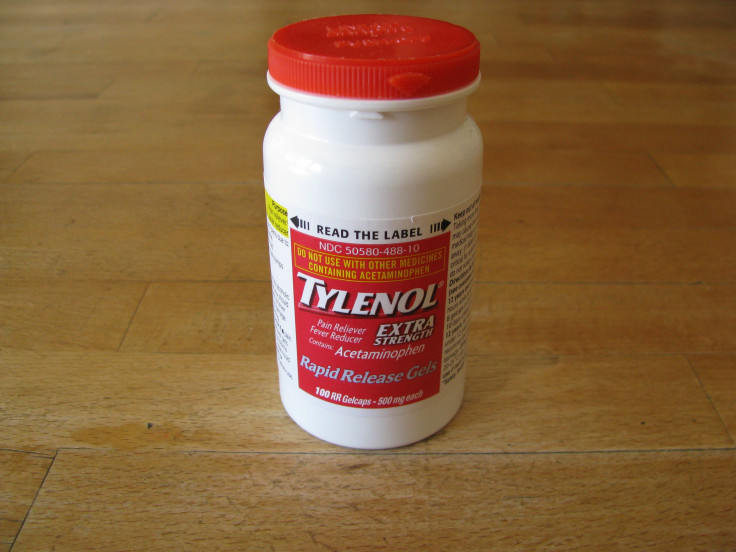Texas Attorney General Targets Tylenol Makers in Controversial Autism Lawsuit
Legal battle begins as Texas AG takes Tylenol manufacturers to court over alleged autism connections

Texas Attorney General Ken Paxton has announced that his office has filed a landmark lawsuit against Johnson & Johnson and its spin-off Kenvue, accusing them of concealing potential risks tied to the use of acetaminophen (marketed as Tylenol) during pregnancy.
Filed on 28 October 2025, the lawsuit, which is the first of its kind by a US state, alleges that the companies violated Texas consumer protection laws by withholding evidence suggesting a possible link between prenatal acetaminophen exposure and autism or ADHD.
Paxton condemned the companies as 'Big Pharma that betrayed America,' claiming they 'lied for decades and profited from pain.'
Legal Claims and Scientific Controversy
According to Houston Public Media, the case builds upon nationwide class-action lawsuits that allege Tylenol may pose neurodevelopmental risks to unborn children.
However, scientific consensus remains divided. While some emerging studies point to potential associations, major health authorities—including the American College of Obstetricians and Gynaecologists (ACOG)—maintain that acetaminophen remains safe when used as directed.
- The US Health Secretary Robert F. Kennedy Jr. recently urged caution, recommending that pregnant women limit use pending further research.
- Medical bodies emphasise that correlation does not imply causation, warning against misinformation that could deter safe pain management in pregnancy.
The lawsuit underscores a tension between emerging science, pharmaceutical accountability, and established medical practice.
In a strongly worded statement, Paxton said: 'Big Pharma betrayed America by profiting off of pain and pushing pills regardless of the risks. These corporations lied for decades, knowingly endangering millions to line their pockets.' He claimed that Johnson & Johnson attempted to 'illegally offload liability' by spinning off its consumer health division into Kenvue.
Industry Response and Regulatory Implications

Neither Johnson & Johnson nor Kenvue has issued a detailed public response to the Texas lawsuit, though both companies have previously denied any wrongdoing in related litigation. They argue that existing scientific evidence does not establish a causal link between acetaminophen and autism or ADHD, and that their products have long complied with federal safety standards.
The case could have far-reaching implications for pharmaceutical labelling and consumer rights. If successful, it may prompt regulatory agencies to revisit guidelines on over-the-counter medications and require more explicit warnings for pregnant users.
Paxton's office is seeking financial penalties and injunctive relief to prevent further alleged misrepresentation. The lawsuit also accuses the companies of engaging in deceptive marketing practices and failing to act on internal data that may have indicated potential risks.
Reactions Across Texas and the US
Reaction has been deeply polarised. Consumer advocates applaud the move as a bold challenge to corporate secrecy, while medical experts warn it could spread fear among expectant mothers.
- Supporters hail Paxton's lawsuit as a stand for public transparency and accountability in healthcare.
- Critics argue it risks politicising medicine and undermining patient trust in widely used medications.
The timing of the lawsuit, coming shortly after federal guidance changes, has also raised questions about political motivations. Paxton, a controversial figure in Texas politics, has previously pursued high-profile legal battles against pharmaceutical firms and federal agencies.
What Comes Next
Legal proceedings are expected to unfold over the coming months, with both sides likely to present expert testimony and scientific evidence. The outcome could influence not only product liability standards but also how health risks are communicated to consumers.
In the meantime, medical professionals continue to advise pregnant patients to consult their doctors before taking any medication, including over-the-counter pain relief. The case serves as a reminder of the complex intersection between science, law, and public health.
The Texas Tylenol lawsuit could redefine the balance between corporate responsibility and consumer protection in America's drug industry.
© Copyright IBTimes 2025. All rights reserved.




















